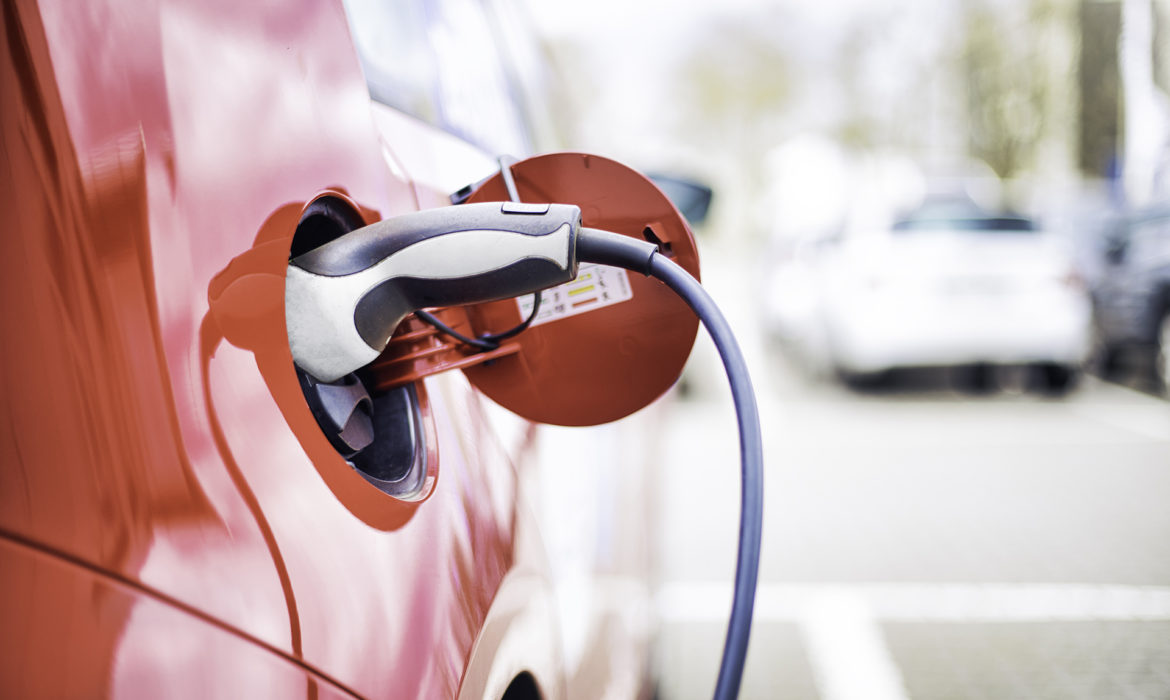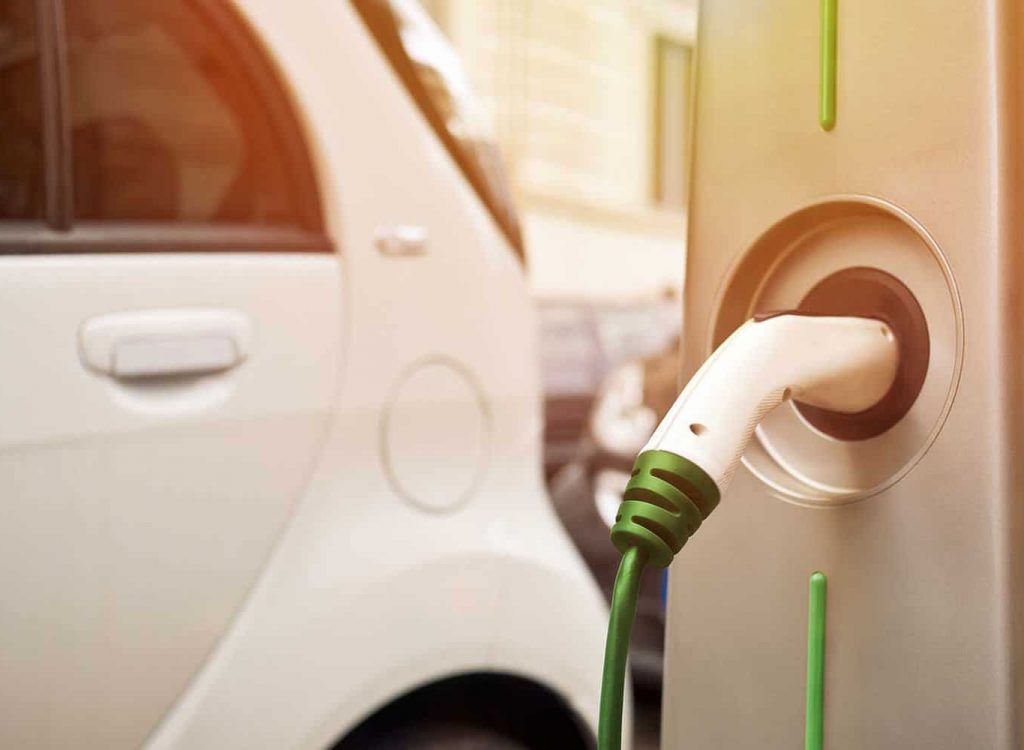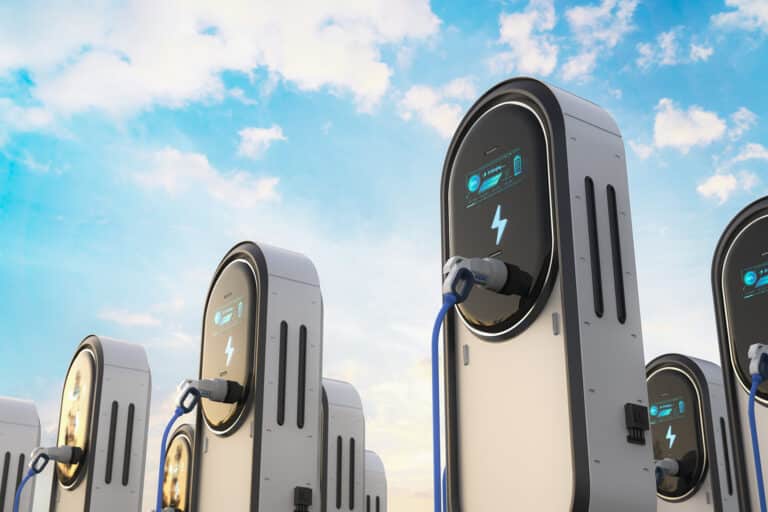
Increasing capacity and meeting decarbonisation goals – can it be done?
We discuss the cost and infrastructure considerations of switching to an all-electric fleet of off-highway vehicles.

Justin Benson is a partner and Automotive specialist at Vendigital. He recently shared his insights with Automotive World.
The race to launch new electric vehicles (EVs) and capitalise on growing demand is on, with several established automakers—including Toyota, Honda, BMW and MG—lining up to launch new models or prototypes at this year’s Shanghai Motor Show (21-28 April 2021). But have they been engineered to meet the market’s price expectations?
With demand for pure-electric cars growing strongly and governments around the world legislating for an EV-only future, many established manufacturers are accelerating their plans to pivot production and bring their propositions to market as quickly as possible. However, to secure a slice of this disrupted marketplace, established manufacturers will need to balance price and brand considerations carefully. For example, VW’s ID3 was designed to mirror the brand attributes of the Golf, and therefore aiming for a similar price point made sense. By contrast, Jaguar Land Rover’s recent announcements have confirmed that the Jaguar brand is moving to luxury all-electric platforms. For premium brands known for producing popular cars at a variety of price points, however, deciding where to pitch their EV crossovers could be more challenging.
In a fast-developing market, with multiple new entrants across the supply chain—from producers of componentry and software to infrastructure developers and new EV manufacturers—the established players know that differentiation will be critical to success. Not only must a new EV reflect the heritage attributes of the maker, it must also do so in a way that stands out and positions the car as a market leader in terms of its ‘agility’, ‘cost’ or ‘luxury’ for example.




Another key factor when considering EV market entry is where demand is likely to come from in the future. With the rise of the on-demand economy, mobility services which allow consumers to rent a car to get them from A to B are expected to grow in popularity, potentially leaving a select group of premium and luxury car makers to meet residual demand for car ownership. Those investing to pivot to EVs will need to ensure their product is designed with this evolution in mind.
The key to giving consumers a product that meets their demands for now, without exceeding their price expectations, lies in cost engineering and rigid design-to-cost techniques. The key message is to provide design engineers with a cost target. If R&D teams are given free rein to design in the latest technologies, without proper control of the bill of materials, manufacturers could find themselves struggling to make the right margin. To avoid this, a clear cost objective should be agreed at the outset and used to inform design decisions through the development process from prototyping (small numbers for manufacture) through to volume production.
The main benefit of design-to-cost techniques is that costs are carefully managed so the end product delivers a healthy margin, whilst hitting the price expectations of the market. It also facilitates dynamic modelling, which can help to cost walk design changes and inform design decisions with a cost lens.
As more EVs are launched onto the market, the need for manufacturers to balance brand and price becomes more critical. Those that succeed in doing this, while creating a product that is backed by strong design and sourcing capabilities will have a competitive advantage as the market continues to open up.
Get in touch
Related Insights

We discuss the cost and infrastructure considerations of switching to an all-electric fleet of off-highway vehicles.

EV makers in the UK and Europe are warning that Zero Emission Mandates are simply not doable and subdued levels of demand could force them to close factories. Should the industry embrace Chinese capability before it’s too late?

In our latest report we examine the impact of power electronics and the importance of inverters in EV manufacturing.
Subscribe to our newsletter